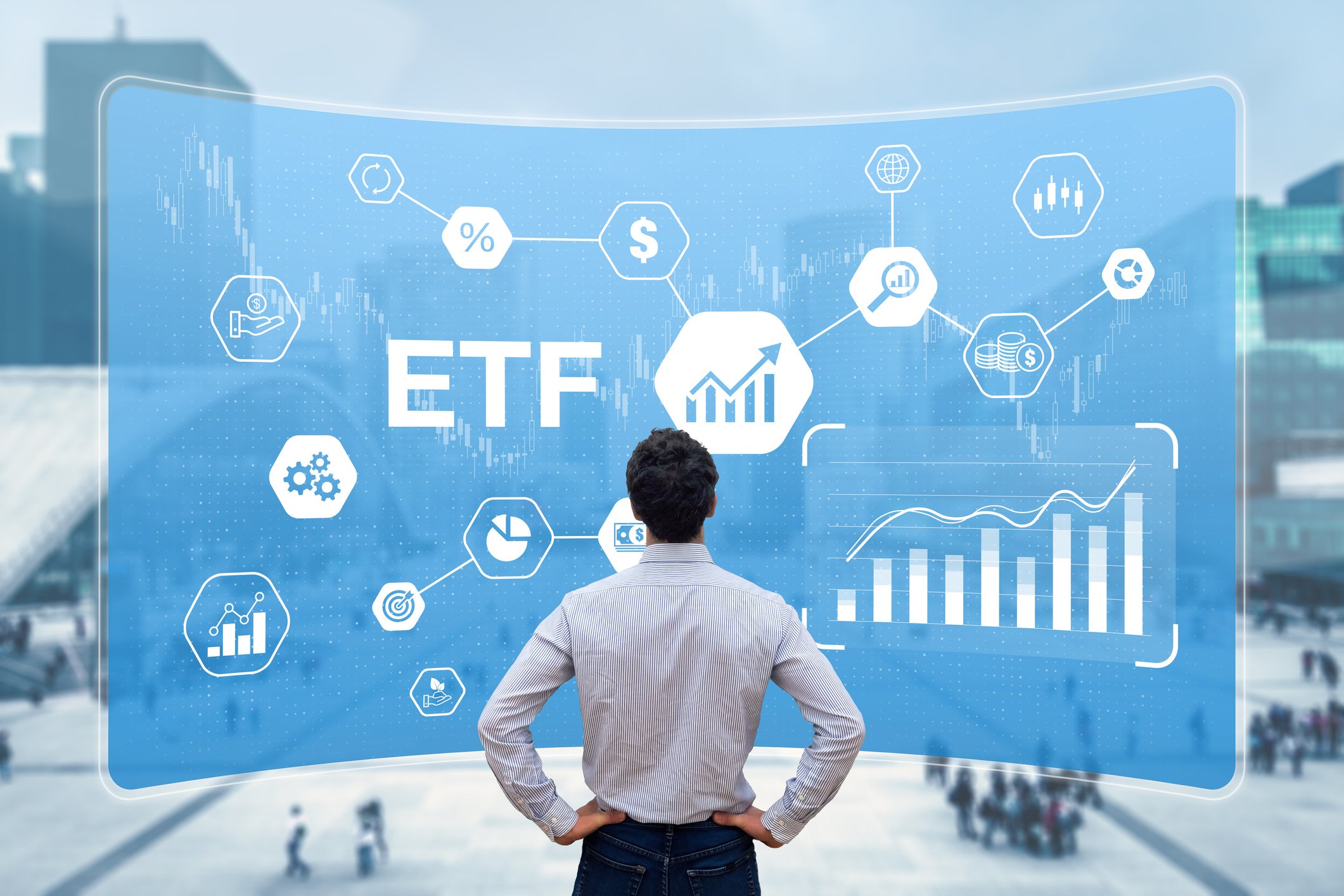With neither Democrats nor Republicans willing to budge, the U.S. government officially shut down at 12:01 a.m. on Oct. 1, marking the first shutdown since 2018 to 2019, when the government closed for 35 days.
A shutdown occurs when Congress fails to pass necessary legislation that would keep funding certain federal agencies. A shutdown does not stop everything. Mandatory government funding for Social Security, Medicare, and Medicaid benefits will continue, although the agencies that oversee these programs could face furloughs, meaning workers will be forced to take a temporary unpaid leave of absence from their jobs. Once the government is reopened, Congress can pass legislation to give back pay to furloughed workers.
While the stock market remains open, a shutdown can impact how investors view it, as it can reduce economic output and impact sectors in different ways. From Wall Street to Main Street, here's what investors need to know about the shutdown.

Image source: Getty Images.
Historically speaking, don't panic
Historically, investors have not panicked during shutdowns, and they shouldn't do so right now either, despite the fact that partisan tensions seem to be at an all-time high in Washington.
According to the Wall Street Journal, the broader benchmark S&P 500 (^GSPC +0.19%) has had an average move of just 0.05% over 20 government shutdowns dating back to 1976. In fact, during the last shutdown that lasted 35 days, the S&P 500 rose over 10%. This shows that while a shutdown isn't necessarily good for the market, investors tend to have bigger concerns on their minds.
However, Morningstar points out that shutdowns tend to lead to a risk-off environment, with volatility increasing, capital flows slowing, and a lower U.S. dollar. Meanwhile, gold and cryptocurrencies like Bitcoin have done well in the lead-up to the shutdown, as investors view them as an alternative currency and a flight to safety in times of uncertainty.
Whether the current shutdown will be different remains to be seen. The Democrats want to see Republicans commit to extending tax subsidies for Obamacare that expire at the end of this year, which could lead to higher insurance premiums if they expire. Meanwhile, Republicans have vowed to conduct permanent government layoffs if a shutdown occurs.
On Polymarket, a site where people can gamble on a range of different events, the majority of those betting on how long the shutdown will last see don't see a conclusion until at least Oct. 15, which is two weeks away as of this writing, although the probability is only 38%. Historically, shutdowns don't last too long, because both parties are gambling on how the public will react and where they will place blame.
What investors need to know
One issue for markets is that a government shutdown means that certain economic data won't be released, which is extremely important for the trajectory of the economy right now. For instance, if the government shutdown continues, the U.S. Labor Department will not release the September jobs report on Oct. 3, which would provide critical clues on the strength of the labor market.
The Federal Reserve implemented its first interest rate cut a few weeks ago for the first time this year as a hedge against signs of a slowing labor market. Investors are razor-focused on how many times the Fed will cut rates in 2025 and 2026, so a lack of data will keep investors in the dark on the Fed's trajectory.
A shutdown can impact certain sectors more than others. For instance, credit card and bank stocks slid in the lead-up to a shutdown because you have hundreds of thousands of federal employees not getting paid, which increases the possibility of higher delinquencies and loan losses. Government contractors may also be at risk of losing work, and as mentioned, the Trump administration is also threatening permanent layoffs. Airline stocks can also struggle because shutdowns can cause issues at federal agencies that participate in running airports, and also lead to flight disruptions.
During shutdowns, investors have historically flocked to what are considered safe havens, including commodities like gold and U.S. Treasury bonds, because the government will still make payments on its debt. However, right now, shorter-term Treasury bonds continue to be more attractive than longer-dated ones.
Ultimately, investors should not panic and try to ride out the storm. Government shutdowns carry political risk for both parties, which is why they don't tend to last for a long time, and why markets tend to largely look past them.






